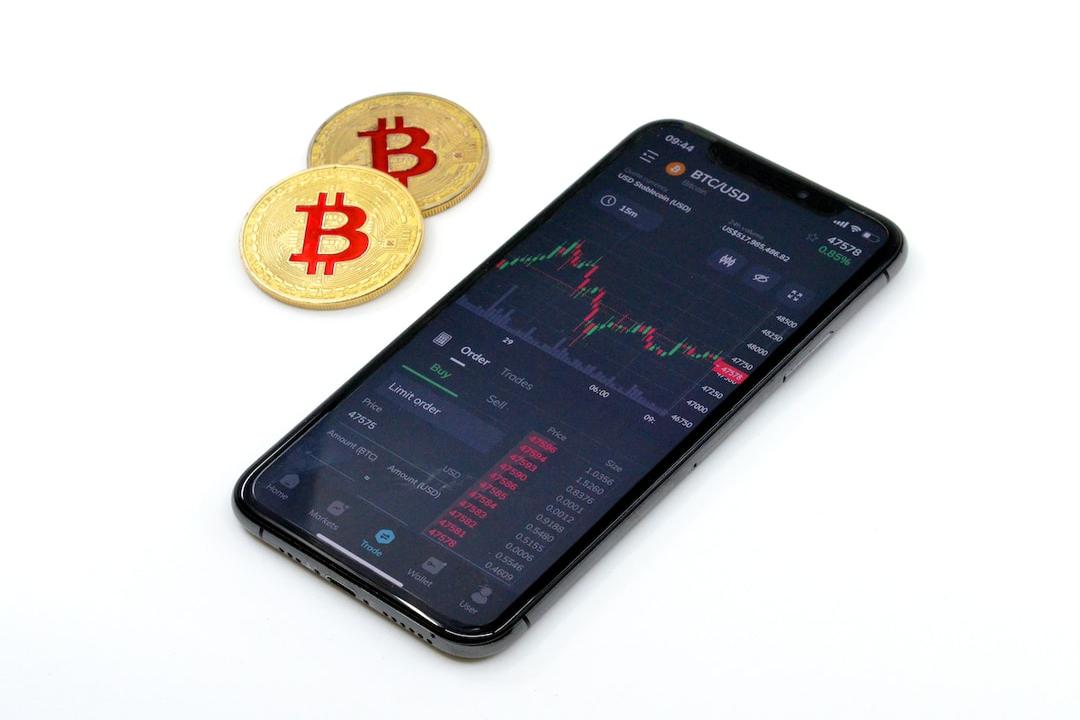With Venezuela gradually recovering from its recent economic crisis, more and more families are starting to rely on cryptocurrencies.
Traditionally, most funds were transferred through international banking systems or platforms such as Western Union or MoneyGram, with transaction fees reaching up to 7%. However, the volatility of the bolivar and the transfer time of up to three working days have made cryptocurrencies a faster alternative.
Over the past decade, Venezuela has become one of the main countries in South America relying on remittances. It is estimated that nearly 30% of Venezuelan households received remittances after a large-scale migration. According to Chainaanalysis data, 9% of all remittances sent to Venezuela last year were in the form of cryptocurrencies.

Source: Manuel Orozco, Americas Quarterly, Chainaanalysis
Just in the past decade, over 77,000 Venezuelans have escaped as immigrants or refugees, with nearly 3 million settling in the United States last year alone.
However, once settled, immigrants usually help their families back home. In 2018, Venezuelans received over $540 million in remittances, accounting for about 6% of the country’s GDP, with approximately $46.1 billion being achieved through the use of cryptocurrencies.
Read more:

Germany sells another 500 bitcoins, worth $2.8 million
Report
As it is well known, over time, the number of Venezuelan immigrants sending money back home has increased by 50% to 60%, although some still cannot afford it.
Despite its advantages, using cryptocurrencies for remittances brings risks such as price fluctuations and regulatory uncertainties. This could also mean that popular platforms for converting cryptocurrencies into bolivars, such as “Peer-to-Peer,” are easily susceptible to fraud due to the lack of regulation.




